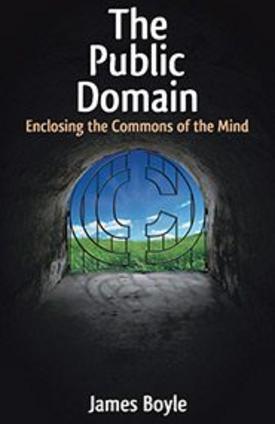Micheal Zimmer reports that a Milwaukee-area school district has enacted a policy banning communication between school staff and students on social networking Web sites and instant messaging services.
According to this report, the school board seems to be concerned over the fact they can’t provide “adequate oversight” for these communication methods. Since communication between school staff and students are generally considered to be public records and are subject to public inspection, the district apparently wants faculty to only use district-sponsored applications/devices, which presumably provide better archiving and auditing of communciations.
Micheal raises the interesting question of whether faculty and students should be “friends” on social networks and wonders how this friendship affects the traditional teacher-student relationship?
This is a very interesting area since it brings into question the concept of “friendship” both in the on and offline varieties (but the focus here is online). It is also interesting to see how social networking affects the areas or zones of offline friendship. Previously your workfriends, golf buddies, neighbors, ex-university friends did not need to be in the same circles. They were all your friends but they were not necessarily friends with each other. With social networking “all” your friends can see each other. Indeed one may ask if parents should be “friends” with their children on social networking sites.
Add the teacher/student relationship into the mix and this gets interesting. Micheal asks: “Should teachers have access to personal details, photos, news feeds, etc that come with “friending” on Facebook? Should a student have access to a teacher’s profile?” It is easy to see that there are a large number of situations where it is better for these groups not to mix.
But then again the format of social networking is flawed since it is two-dimensional: we are friends or we are not. There is no casual acquaintance, no higher or lower orders of friendships. Cory Doctorow wrote a theory of why Facebook would eventually fail
You’d think that Facebook would be the perfect tool for handling all this. It’s not. For every long-lost chum who reaches out to me on Facebook, there’s a guy who beat me up on a weekly basis through the whole seventh grade but now wants to be my buddy; or the crazy person who was fun in college but is now kind of sad; or the creepy ex-co-worker who I’d cross the street to avoid but who now wants to know, “Am I your friend?” yes or no, this instant, please.
So when it comes to teachers/students the problem is what to do when a student asks to be a friend? When it is the teacher who asks it seems just creepy – but what about when the student asks? Maybe a Milwaukee policy isn’t such a bad idea. That social networks in general are not uncontroversial is well known.
Some education related scandals: In 2006 a scandal emerged when a university professor posted a topless image of herself on Flickr & an art teacher was forced to resign for topless art photos of herself on flickr. In 2007 the president of Salisbury University removed her profile on the Facebook social networking site after news reporters asked her about apparently unprofessional pictures on her site. This year a member of York University’s Council has been accused of racism after posting a picture on his Facebook profile.
Disclaimer: I have been trying to figure out the point of Facebook since I joined in 2007 (yeah, I was a late entry) in the begining I felt more popular when I added friends. Then it became strange. I currently have more friends “online” than I do offline. In addition to this I am unsure who some of my friends are. On the other hand I have several students and ex-students among them and I have never felt threatened by there access to my information. This could of course be due to the fact that as a blogger and a user of flickr/facebook/twitter user I have already but my life online.
 Just a note to say that I am giving a lecture March 10 at 6pm at London’s RSA on my new book,
Just a note to say that I am giving a lecture March 10 at 6pm at London’s RSA on my new book,